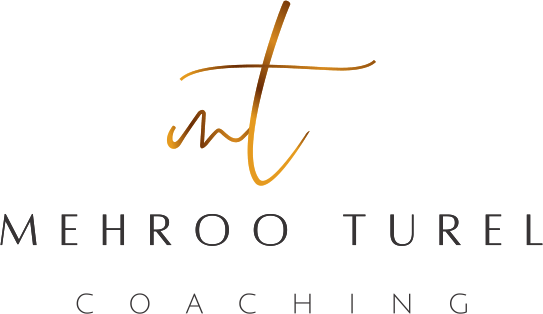In a world filled with noise and constant distractions, the art of listening has become undervalued and overlooked.
I was reminded about the the power of listening as I was attending a panel discussion on #mentalhealth last week, which made want to write this post.
The ability to truly listen is a powerful skill that can transform our relationships and elevate our effectiveness in various roles, including as parents and professionals.
By embracing the art of active listening, we can create deeper connections, foster understanding, and ultimately unlock our full potential in these important domains not for others but also for ourselves.
Let’s explore the significance of listening and provide practical tips on how to become effective listeners in order to thrive in our roles and lives.
- Cultivating Empathy:
Listening is the gateway to empathy. When we actively listen to others, we open ourselves up to their experiences, emotions, and perspectives. As parents, empathetic listening allows us to understand our children better, creating a safe space for them to express themselves and fostering a stronger parent-child bond. Similarly, in a professional setting, empathy-driven listening enhances teamwork, collaboration, and customer satisfaction. The important thing to note here is that empathy starts from within. If you are not empathetic to your own self, you cannot show unconditional empathy to others. So start by actively listening to your own needs first. - Building Trust and Respect:
Listening is a fundamental building block of trust and respect. When we genuinely listen to someone, we communicate that their thoughts, feelings, and opinions matter. As parents, taking the time to attentively listen to our children’s joys, concerns, and challenges fosters an environment of trust, encouraging open and honest communication. In the professional realm, actively listening to colleagues, superiors, and clients cultivates trust, strengthens relationships, and promotes cooperation. - Enhancing Problem-Solving and Communication Skills:
Effective listening is instrumental in problem-solving and effective communication. By listening attentively, we gain a deeper understanding of the issues at hand, which allows us to generate more thoughtful and informed responses. As parents, active listening enables us to help our children navigate challenges, offering guidance and support tailored to their unique needs. In the professional world, active listening ensures that we grasp and address the needs and expectations of clients and colleagues alike, leading to more successful outcomes.
Practical Tips for Becoming Effective Listeners:
a. Be fully present: Eliminate distractions and give your undivided attention to the person speaking. Keep your phone away, switch off the TV and make both your mind and body available to really “listen.”
b. Practice active engagement: Show interest through body language, eye contact, and verbal cues such as nodding or affirming statements.
c. Suspend judgement: Avoid interrupting or forming immediate judgments based on your own experiences, allowing your child/friend/colleague to express themselves fully.
d. Reflect and clarify: Paraphrase or summarize what you’ve heard to ensure understanding and to show that you value their words.
e. Practice empathy: Put yourself in their shoes, seeking to understand their perspective and emotions.
f. Ask don’t advise: While actively listening, ask questions on how they would like solve the problem or find the solution or achieve their desired goal. Do not give advice until asked for.
It’s amazing how the simple act of listening can bring about a sense of calm and positivity in both the speaker and the listener, and based on that solid foundation, one can solve problems, reduce stress and achieve success in all areas of life.
Are you actively listening today?
Photo by kyle smith on Unsplash



Leave a Comment